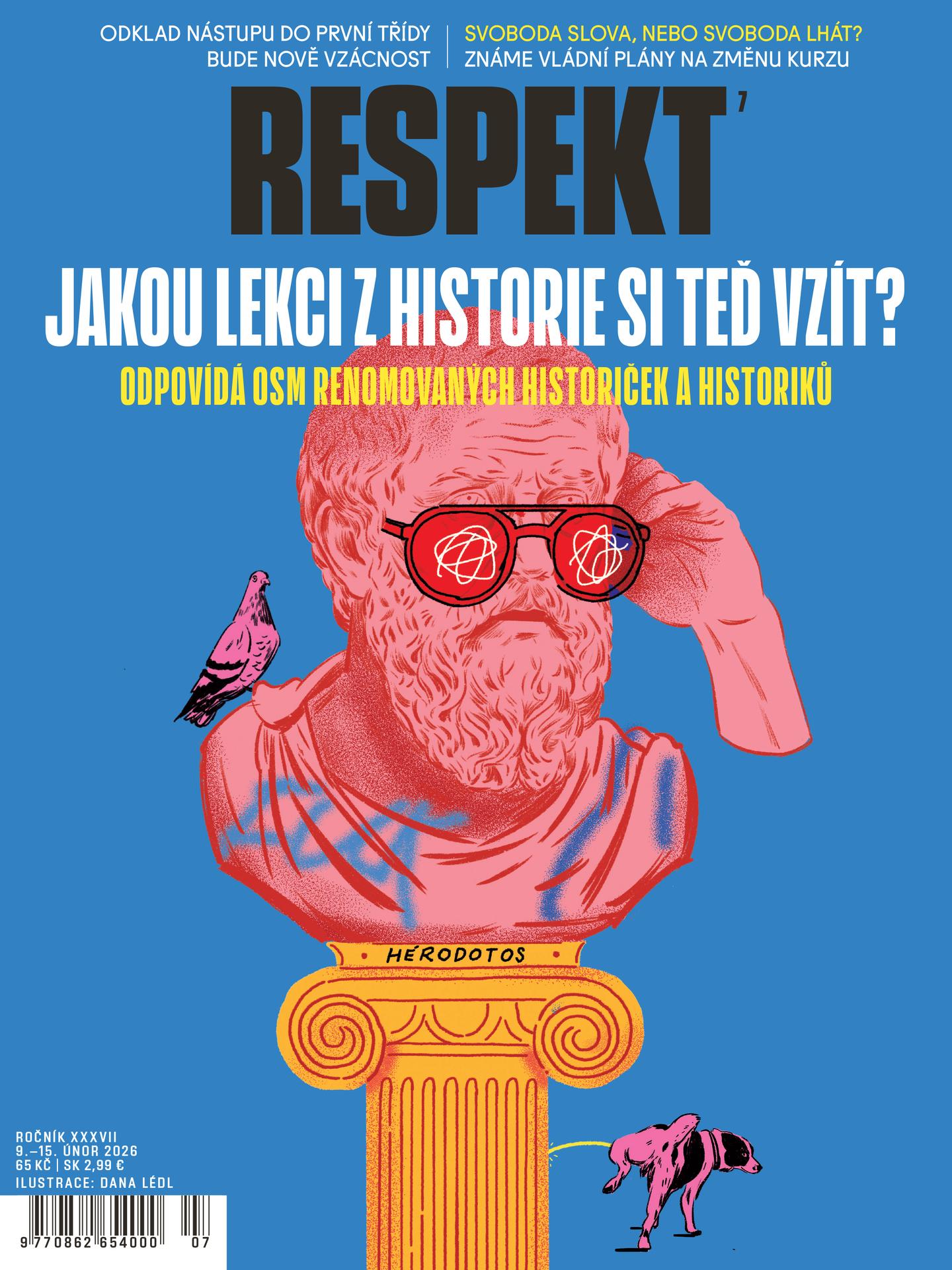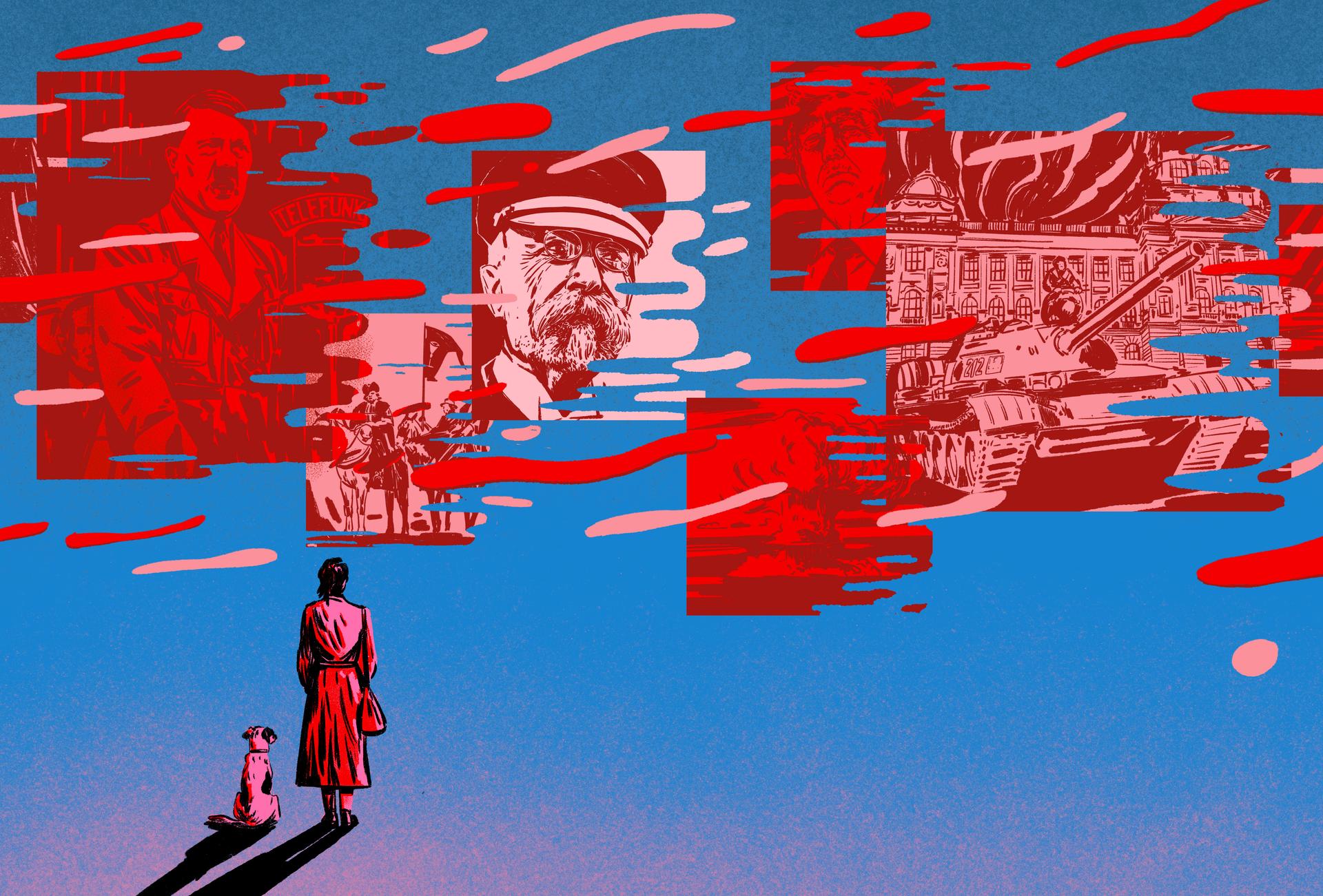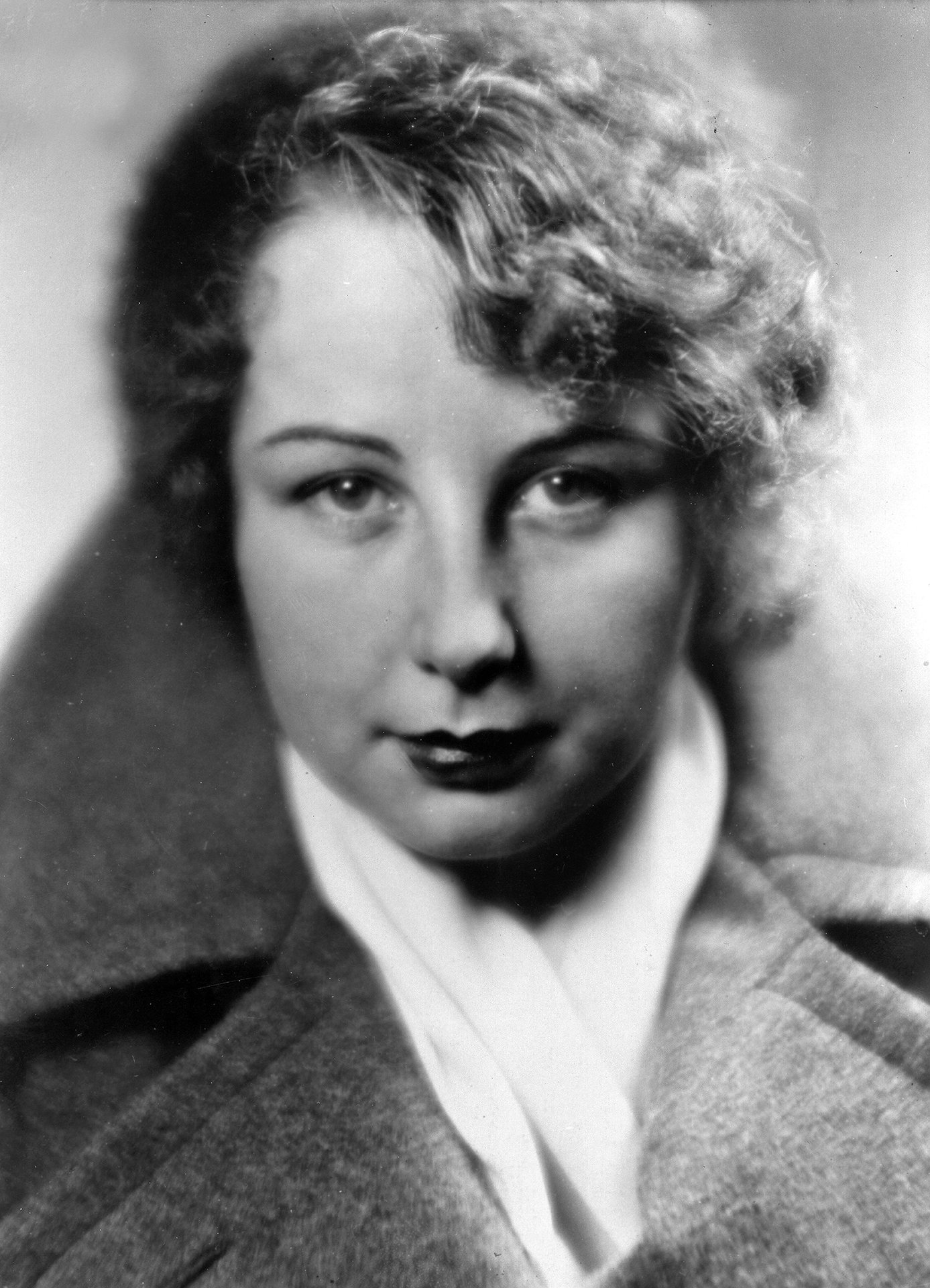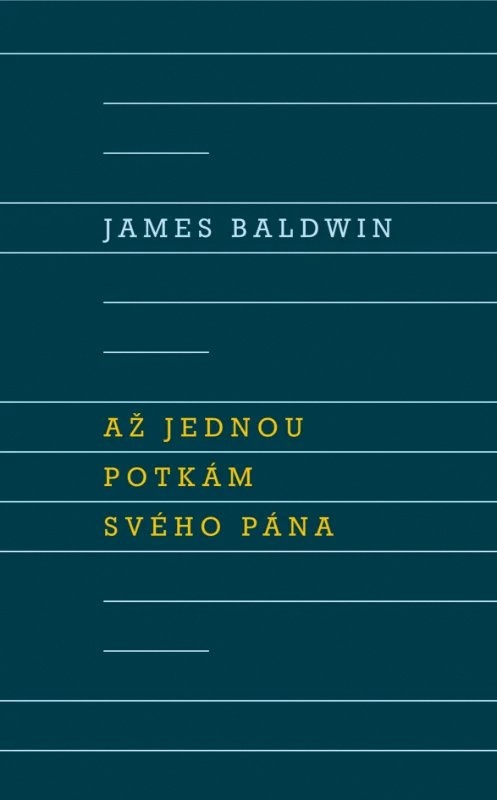Genius or Idiot?
Even 100 years after his first appearance in print, Jaroslav Hasek's Good Soldier Svejk remains an enigmatic hero. From Respekt.
He had blue, goodhearted, “innocent” eyes, an unfading expression of “absolute mental equilibrium,” a stocky figure, “powerful thighs,” and some problems with rheumatoid arthritis. He had lived in Ostrava, but he settled in Prague. He apprenticed as a druggist, made his living selling dogs, and from 1914 to 1915 he served in the Austro-Hungarian Army in the lowest rank of the soldiery. More than this we do not know about Josef Svejk, because the man who authored him, Jaroslav Hasek (1883–1923), revealed nothing more about him. Be that as it may, over the last 100 years we have gotten to know the guy so intimately that we identify with him, not just as individuals, but as an entire nation.
“We are Svejks. We are a nation that would like everything simplified,” ice hockey trainer Vladimir Martinec said recently when he wanted to give a name to the current problem in that beloved sport. By doing so he not only confirmed Svejk’s ability to be inserted into absolutely any discussion, but how many interpretations this open-ended character offers us. The first installment of the novel The Good Soldier Svejk and His Fortunes in the World War was released on 1 March 1921. Although Svejk never vouchsafes any clear attitudes about life anywhere in the book, and although it is not at all apparent which direction he is coming from and what direction he is headed in (or wants to be heading in), the Czechs are associated with him, and not just by speakers of his native language. The book has been translated into 60 or so languages – a version in Vietnamese is the most recent.
Every reader of the novel asks the basic question: Was Svejk (and with him, all who consider themselves Svejks) a genius, or was he an idiot?


Death Before Battle
The plot of Hasek’s book takes place during the first two years of the First World War. The reader is accompanied by Josef Svejk through these events, a person who, although he has been “declared an idiot by a military medical commission” decides despite that (or exactly because of that) to join the mobilized army of Emperor Franz Josef I and head to the front. Hasek had divided the novel in advance into four sections – “Behind the Lines,” “At the Front,” “The Glorious Licking,” and “The Glorious Licking Continues” – but in the book Svejk ultimately never participates in any battles. The author did write according to the pattern he had sketched out, but the flow of stories told by Svejk (upon which the entire book is based) gushed from his mind onto paper so unstoppably that he never managed to fulfill his original plan. Before Hasek could bring his hero and the entire “marschkumpanie” (march battalion) to the Russian front after two years of writing the serialized novel, he himself had died of a heart attack at the age of 39.
Even so, Svejk manages to experience enough. In the book he undergoes interrogation at the police directorate in Prague, military prison, the madhouse, service behind the lines with military chaplain Katz and then with Oberleutnant Lukas, a long and winding search for the 91st infantry regiment deployed to Ceske Budejovice, and eventually he is transported by train to Galicia, where his unit is to be deployed. The novel ends just before that. Svejk returns to his unit after he is arrested by Hungarian soldiers who have mistaken him for a Russian deserter, a final misunderstanding caused by Svejk deciding to see what he looks like in an enemy uniform left on the lake shore by a swimming Russian soldier.
From the beginning, Svejk is an addle-headed guy who falls into one scrape after another. Hasek originally invented him as a short story character for exactly such gags and incredible situations. In 1911 he wrote five short stories about a soldier who was “super-arbitrated for idiocy,” published in the magazine Karikatury. In those days Hasek made easy fun of Svejk: when he is ordered, for example, to procure communion wine “from Bad Voslau” for the army, instead of asking for that favorite imported brand at the warehouse he travels all the way to the Lower Austrian wine region itself. As a civilian, and as an editor of the magazine Svet zvirat [“Animal World”] Hasek had quite a dim notion before the war of how things work in an army, with the exception of such spontaneous, situational humor. The unique mix of the antic and the drastic tones in Svejk’s stories with which we are familiar from the novel did not develop until after the author returned from his own deployment during the First World War.
Hasek had been sent to the Russian front wearing an Austro-Hungarian uniform in 1915 and allowed himself to be captured near Lviv quite soon. A year later, he joined the Czechoslovak Legion, but following the 1917 Bolshevik Revolution he changed sides in the war again, going into the Red Army as a “politruk” (political commissar). He did not return to Prague from Russia until December 1920. He first wrote a book of satire about his bizarre anabasis, called Velitelem mesta Bugulmy [“Commander of the Town of Bugulma”]. He commenced writing Svejk in February 1921, and the first installment of the series was published the following month.
Svejk would never have been born without the aid of Frantisek Sauer, the anarchist from Prague’s Zizkov quarter who, in November 1918, led an angry crowd to pull down the Marian column on the Old Town Square. He assisted Hasek with finding money for printing and distribution, and apparently he even helped him with the writing itself, initially at Karel Snor’s pub, where the author liked to work. The slim volumes of the slowly-unfolding story were distributed around Prague and sold by volunteers and could also be found right at Snor’s pub in Zizkov. By the close of 1921, the cover of one of those installments was decorated with a portrait of Svejk by Hasek’s friend, the painter Josef Lada. Future works by Lada subsequently created the unchanging visual canon for depictions of Svejk.
From the beginning, Hasek envisioned the novel as a monumental act of story-telling. However, he could not concentrate on it as much as he needed in the capital of the new republic, which was so full of tempting local watering holes and their cheerful regulars. Thanks to his friendship with another painter, Jaroslav Panuska, who had rented a studio in Lipnice nad Sazavou, he found the peace and quiet in which to write his book in the Czech-Moravian Highlands. Most of the novel was written in a guesthouse in Lipnice; the rest was written in a small house nearby, below the castle, where the increasingly ailing author was aided by the hired secretary Kliment Stepanek: Hasek dictated the entire story to him and, according to Stepanek’s memoirs, never needed any notes. The final sentence spoken to him by the dying author, after two years of work on the novel, was a speech by Lieutenant Dub: “ ‘Patriotism, fidelity to duty, victory over oneself, these are the weapons that matter in warfare.’ I am reminded of that especially today when our troops will in foreseeable time be crossing the frontier.”
A Character Without Action or Emotion
When Svejk was published in serial form, people asked which actual figures Hasek had probably been inspired by for his writing. It was a logical supposition: the author had worked his entire life by writing down what he heard and then “just” skillfully adapting the contours of real stories into remarkable hyperbole. The first source of inspiration to be considered was a member of the Imperial Parliament for the Agrarian Party named Josef Svejk, whose name the radical Hasek could have borrowed because of the politician’s conservative positions. However, researchers uncovered various clues as to who the character may have been based on much later. At the close of the 1990s, Sergei Nikolskiy, a Bohemist from Moscow, discovered a file on a soldier named Josef Svejk in the Military History Archive in Prague who had fought near Zborov during the First World War.
Most scholars of literature, however, are not much enamored of such historical research when it comes to Svejk. There is one simple reason for this: the novelized Josef Svejk, in their view, basically is not a person at all, and therefore there is no point in looking for the model he is supposedly based on. “Nowhere do we ever find any of his interior characteristics, we never witness him performing any concrete action, we never see him go to sleep, he has no dreams, we never catch him experiencing any emotions,” writes Alena Raskova in her thesis Interpretace postavy Josefa Svejka v kontextu ceske i zahranicni literarni vedy [“Interpretation of the Character of Josef Svejk in the Context of Czech and International Literary Scholarship”], which earned her a diploma 10 years ago at the South Bohemian University in Ceske Budejovice – coincidentally, one of Svejk’s favorite towns.
There are actually a couple of emotions to be found in Svejk. When he hears the fiery preaching of military chaplain Katz, which concludes by his calling out “But all the same one of these days you’ll remember how I was trying to do you some good,” Svejk beings weeping demonstratively – and distinctly ironically: “I was really only blubbing for fun.” Actions by Svejk can also be found in the book, but we must imagine what is implied, such as when he performs yet another in that endless series of orders taken literally and fulfills, according to the instructions from Lieutenant Lukas, all of the adventurous Mrs. Katy’s wishes: “… now she is sleeping as though quite exhausted by the ride. I did obey her slightest whim, sir.” Svejk’s sexuality, though, is the proverbial very last thing a reader is interested in when reading Hasek’s novel.
Thus has Hasek created, in the character of Svejk, a figure who is quite unique in the context of world literature, one about whom it is unclear, from the first moment to the last, whether this hero is meant to be negative or positive. With every person whom Svejk encounters, for each situation he finds himself in, he has a ton of stories prepared and at the ready touching on that person or event to a greater or lesser extent. However, it is never apparent what, if anything, he is basically even trying to say by telling his stories. To a “small young soldier from the Czech-Moravian Highlands,” during a conversation about the men dying at the front being given last rites, Svejk says without blinking an eye that “I think that it’s splendid to get oneself run through with a bayonet,” and continues, “… it’s not bad to get a bullet in the stomach. It’s even grander when you’re torn to pieces by a shell and you see that your legs and belly are somehow remote from you. It’s very funny and you die before anyone can explain it to you.” Is Svejk warning his interlocutor, or is he making fun of him again?
An easy explanation offers itself for Svejk’s cogitations, understandably. Hasek wanted to create the character of a universal idiot of the sort that he must have encountered during his own life in the army and the pubs countless times. Vera Schmiedtova gave a lecture six years ago to the World Czech Literary Studies Congress in which she counted 126 uses of the word “idiot” in the novel. That is almost exactly the same number of times that Svejk repeats his signature phrase “Humbly report.” This could explain why Svejk is considered a classic folk hero spreading goodhearted humor, one who simultaneously commits actions that are rather merciless. After his arrest, for example, he gets drunk with the patrol and subsequently escorts himself and the guards, who are indisposed, in full view of the military chaplain even though that officer could send them all to their deaths for such insubordination.
These underlying tones, on the other hand, have a hidden logic to them of which a classic idiot would be incapable. The good soldier makes fun of it all, even when things get tough. From underneath all that irony, however, an existential terror, unadulterated, regularly floats to the surface. Svejk sometimes views these wartime events much more clearly and therefore even more cleverly than the commanders of the entire army: “And a dead man, who lay on top of the cover with his legs hanging down and half of whose head had been torn off by shrapnel, just as though he'd been cut in half, he too in the last moment shitted so much that it ran from his trousers over his boots into the trenches mixed with blood. And half his skull together with his brains lay right underneath. A chap doesn't even notice how it happens to him.” Svejk is obviously enough of an idiot to have volunteered for war – even if he may have hoped they would not take him because of his rheumatism. At the same time, he is enough of a genius to manage to survive.
Good Soldier Syndrome
In the novel, Svejk constantly switches not just between a horrifying and a humorous note, but also between his own cunning and his own weak-mindedness. “The problem is we perceive these characteristics as polar opposites. For that reason Svejk sometimes is simplified into a person who is just feigning idiocy,” explains Frantisek A. Podhajsky of the Institute of Czech Literature, who five years ago edited a volume on the Fiction of Jaroslav Hasek. Ten years ago, British psychiatrists announced the discovery of a new mental illness called “Good Soldier Svejk Syndrome” which is based on that simplification. The syndrome manifests itself in the semi-conscious exploitation by the mentally ill of their own psychosis for their own gain in order to avoid combat or another conflict situation. The Czech scholar, however, disagrees with that interpretation. “I take Svejk to be an Everyman who has remarkable abilities. On the one hand, he is maturely calm and empathetic, while on the other he is almost childishly curious and playful. This mix of maturity and immaturity is something we can probably imagine far better than that,” says Podhajsky, alluding to the contradiction between Svejk’s idiocy and genius.
This insight could answer the question of why the Czechs identify with Svejk so much, despite their knowing best of all how addle-brained he can be. After all, our nation also constantly pretends to comprehend everything best of all, as the “adult,” and we want to do everything our own way, but at the same time we complain, childishly and constantly, that persons other than us and from somewhere else decide everything for us all the same.
Lukas Zeleny, in his 2014 thesis at Pardubice University, Josef Svejk jako kulturni fenomen [“Josef Svejk as a Cultural Phenomenon”], is convinced that Svejk’s immature adulthood captures yet another feature of our nation that is quite traditional: indifference to developments in the great world, the presumption that as lesser masters of even our own affairs, there is nothing we can do about such matters.
“He just wants to live, not to participate in fighting for higher ideals. Instead of being depicted as the first Czechoslovak President Tomas Garrigue Masaryk, the little Czech guy gets depicted as Josef Svejk, whose personal ambitions will never become the priority. Svejk is a representation of the commonness, the everydayness that suits the governing authorities. He lacks any individuality of his own, and instead of negotiating, he prefers to behave in such a way as to ensure himself a relatively calm life,” Zeleny asserts, adding that Hasek’s intention was never to support this stereotype, but on the contrary, to develop the example of Svejk as if he were holding up a mirror to his countrymen and showing them how they should not behave.
Most of those who interpret Svejk are convinced that Hasek, a lifelong provocateur, wanted more to unmask human idiocy than to celebrate it through his novel. That also goes for the character’s famously literal fulfillment of each order, by means of which the soldier winds up all his superior officers. Already in the mid-1960s the philosopher Vaclav Cerny criticized Svejk’s “little-Czech-guy-ness,” which, in his view, is manifested in the novel as an absence of human dignity, the non-existence of even the slightest effort to at least think “about a different, better, more just life.” On the other hand, Cerny admits that Svejk is a “genius of a saboteur with no other booby-trap in his pocket than his own pipe”: by fulfilling even the most senseless orders, he reveals to his superiors the fatal cracks in their system, into which he dives enthusiastically head first in order to expand them further.
The late classic philosopher Cerny’s overview of the novel is also shared by the contemporary Slovenian philosopher Slavoj Zizek. In his book The Plague of Fantasies he asserts that by following orders unquestioningly, Svejk causes a ubiquitous confusion, as a result of which the ruling ideology loses its power. According to Zizek, coming from Svejk this subversion is even greater than when Vaclav Havel was waging war on the totalitarian system by clinging to the notion that ethical principles must be followed. While Havel needed to conduct a dialogue with the communists and thereby legitimized their existence, Svejk was conducting his own monologue with himself, and even the apparatus of Austro-Hungary fell short in the face of that challenge.
Let us add, however, that Zizek overlooks the fact that Svejk’s subversive strategy, unlike Havel’s, displays frequent cracks in its morality. He does not just cheat his own customers when he sells them dogs with fake pedigrees, but he also lets himself down; if his irresistible smile happens not to work on somebody, then he angrily knocks the person downstairs, as he does to the owner of the brothel where he goes to pick up the drunken Lieutenant Dub.
A Modern Christ
Podhajsky proposes that it is best to read Svejk’s shenanigans as open-ended parables. He exaggeratedly calls Svejk a “modern Christ” who embodies Hasek’s reaction to some of the ethical problems of modern society. “The society is so complex that it needs a complicated bureaucratic apparatus in order to function. Svejk does not destroy the apparatus, he demonstrates its absurdity, and mainly he reveals the border between the apparatus and human nature,” the literary theoretician explains. In this interpretation, for example, Svejk telling the tale of Jungwirt, the pointsman who died a suicide and who now haunts the world from the graveyard by sending threatening telegrams to Wagner, the cruel stationmaster, is just outlining the basic situation and giving us responsibility for its interpretation. This is like when the disciples listened to Christ’s tangled story of the rich man and his barns.
Even if we disagree with this opinion, the fact is that the novel is of biblical proportions. To this day, its never-ending stream of stories works as an ageless source of amusement and as an encyclopedia of the stories Hasek collected that document the first two decades of the 20th century in Prague and its environs. It is only because Svejk’s babbling does not distinguish the banal from the essential that what has been preserved for us, at the very least, is a comprehensive testimony of the lives of the real “little guys” whom Hasek met or heard about. Svejk’s eternal popularity is also based in this aspect. It is no wonder that the novel is compared by some theoreticians to Ulysses,A la recherche du temps perdu, or One Hundred Years of Solitude: what James Joyce is to the Irish, what Marcel Proust is to the French, and what Gabriel Garcia Marquez is to Colombians, Jaroslav Hasek is to the Czechs.
However, there is an indispensable difference here. Most Czech people do not know Svejk from the original novel, but from its filmed adaptations, from the animated version by Jiri Trnka from 1954, voiced by Jan Werich, and especially from the two-part 1952 film by Karel Stekly, with Rudolf Hrusinsky playing the main role. Not only do these films feature lines that were never written by Hasek – for example, “Don’t shoot, you jerks, there are people here!” –they also move the entire meaning of Svejk’s story. The good soldier, in Stekly’s conception, is transformed into a one-dimensional comic figure who is decidedly no longer “a thousand times cleverer than our wartime politicians,” as the journalist Max Brod wrote of the first theatrical adaptation of Hasek’s work in November 1921.
It is precisely Brod who can be credited with the international renown of Svejk. In 1928, he brokered a theatrical production of it in Berlin by avant-garde director Erwin Piscator. Through this successful play with painted puppets by Georg Grosz, the Germans found their way to the novel, which had been out in translation for two years, and which had also been translated into English, Hungarian, Polish, Russian, and Yiddish before the outbreak of the Second World War. While there have not been many film adaptations, either here at home or in the rest of the world, Svejk is a theatrical success to this day, even internationally. Thanks to that, more interpretations of him continue to be added to the list.
An Idiot, but a Genius
In 2015, Dusan D. Parizek directed a Czech-German project called Kauza Schwejk [“The Case of Svejk”] in which he came up with a radical interpretation of Hasek’s epic. Following the precept of the literary and theatrical scholar Pavel Janousek that “the world around him is more important” in Hasek’s novel than Svejk is himself, Parizek based this play on all the other characters and realities of the day and never brought the good soldier onstage, not in the German production at Theater Bremen and not in the Czech production at Studio Hrdinu, where the play was in repertory. A similar co-production is behind a new staging by Armin Petras, Svejk/Schwejk, which was meant to premiere last spring in Prague and the Staatstheater Augsburg. Because of COVID-19, however, the opening has been postponed for now.
“The tension between genius and idiocy is the essence of Svejk’s charisma,” says the author Petra Hulova, who wrote the hero’s long, central monologue for that particular play. “Despite all its banality and fun, there is an ambivalence in the novel that is gravely metaphysical and speaks universally about the world.” Hulova also finds that Hasek, in the character of Svejk, excellently illustrates the principles that we associate with Czechness: a willingness to adapt to external pressures, but also the ability to laugh at them and thereby undercut their authority. “This is the model of the laughing beast that subverts from below. We see ourselves in Svejk, and at the same time we hate our own reflection. The text by Hasek is a powerful amalgam of moments, emotions, and subjects that make it into a unique and inexhaustible literary work.”
Another contribution to this debate will be the planned feature-length film by Bohdan Slama. The director understands Svejk as a person who is constantly casting doubt on values, and unlike his predecessor Stekly, he intends to shoot the film so that the ongoing slaughter of the First World War will be felt: the humor will be an instrument for surviving the war, not for its banalization. Slama is convinced that Svejk is not an idiot; on the contrary, he is the only person in the entire story to stay sane, despite all of his babbling. However, shooting of the spectacular project has not yet begun because of a lack of financing and because of the pandemic.
“I have read several novels about wartime and I even eventually wrote one myself. However, there is no other novel that so clearly illuminates all the wickedness, stupidity, and cruelty of the World War as this book by Hasek,” the author Ivan Olbracht wrote in his 1921 review of the first installment of Svejk. It is clear to all that the novel reveals the idiocy of war. What about the stupidity of Svejk, though?
In the preface to the book, the author writes: “I am very fond of the good soldier Svejk and in relating his adventures during the World War I am convinced that this modest, anonymous hero will win the sympathy of all of you. Unlike that stupid fellow Herostratus he did not set fire to the temple of the Goddess in Ephesus just to get himself into the newspapers and school books. And that is enough.” From this it can be guessed that Hasek did not consider Svejk to be some sort of ass. In the epilogue, moreover, he writes that he heard one person abuse another by saying “you’re as idiotic as Svejk” and that he was sorry about it. Let us then be satisfied by Olbracht’s affirmation, to which the last one hundred years have raised no objections: Josef Svejk is “a clever idiot, perhaps a downright brilliant idiot.”
Translated by Gwendolyn Albert. Vychází ve spolupráci s TransitionsOnline
Pokud jste v článku našli chybu, napište nám prosím na [email protected].










